News
-
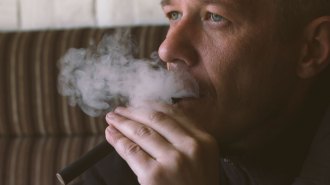 Health & Medicine
Health & MedicineVaping may damage the heart just as smoking does
Vapers and smokers showed similar signs of blood vessel damage, compared with people who didn’t smoke or vape.
-
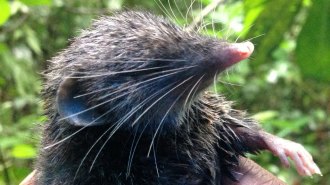 Animals
AnimalsHere’s why a hero shrew has the sturdiest spine of any mammal
The hero shrew’s rigid backbone is among the weirdest mammal spines, its incredible strength aided by fortified vertebrae bones.
By Jake Buehler -
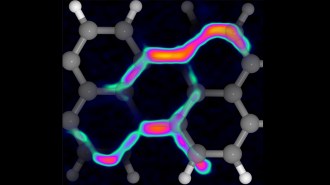 Physics
PhysicsScientists ‘strummed’ a molecule’s chemical bonds like guitar strings
Scientists dragged an atomic force microscope tip, with a single carbon monoxide molecule dangling from it, across a chemical bond.
-
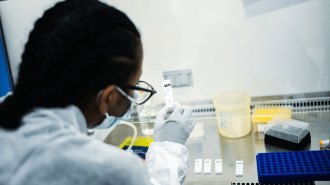 Health & Medicine
Health & MedicineWhat coronavirus antibody tests tell us — and what they don’t
Antibody tests can give a clearer picture of who has been infected but don’t guarantee immunity for those who test positive.
-
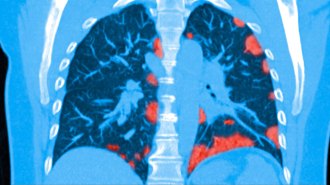 Health & Medicine
Health & MedicineSome patients who survive COVID-19 may suffer lasting lung damage
Results from a study in China suggest that some COVID-19 patients will be left with long-term lung problems.
By David Cox -
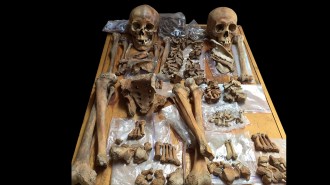 Anthropology
AnthropologySkeletal damage hints some hunter-gatherer women fought in battles
Contrary to traditional views, women in North American hunter-gatherer societies and Mongolian herding groups likely weren’t all stay-at-home types.
By Bruce Bower -
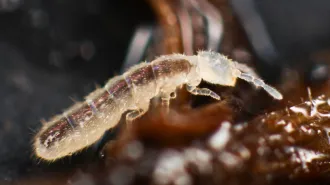 Animals
AnimalsEarthy funk lures tiny creatures to eat and spread bacterial spores
Genes that cue spore growth also kick up a scent that draws in springtails.
By Susan Milius -
 Health & Medicine
Health & MedicineDrugs for high blood pressure don’t appear to make COVID-19 worse
Drugs commonly used to treat hypertension did not lead to more severe cases of the coronavirus infection or higher mortality in hospitalized patients.
-
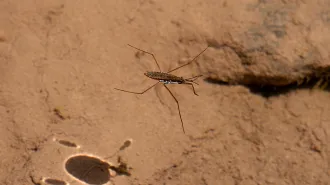 Animals
AnimalsThe ‘insect apocalypse’ is more complicated than it sounds
Freshwater arthropods trended upward, while terrestrial ones declined. But the study’s decades of data are spotty.
By Susan Milius -
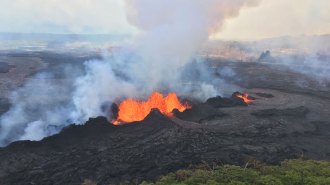 Earth
EarthDid heavy rain trigger Kilauea’s eruption? It’s complicated
A study suggests the Hawaiian volcano’s outpouring of lava was triggered by heavy rainfall in the months preceding. But some scientists are skeptical.
By Megan Sever -
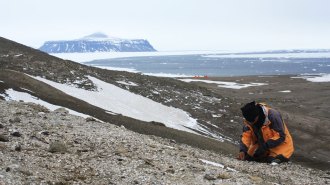 Paleontology
PaleontologyThe first frog fossil from Antarctica has been found
An ancient amphibian from Antarctica gives new insight into when the continent got so cold.
-
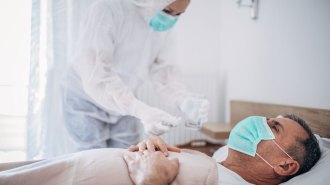 Health & Medicine
Health & MedicineCOVID-19 kills more men than women. The immune system may be why
Countries with sex-specific data report more men than women are dying of the coronavirus. Women’s stronger immune response may give them a leg up.